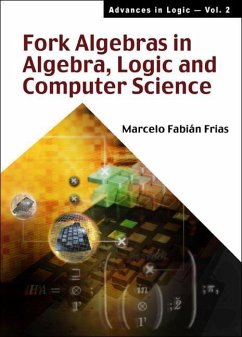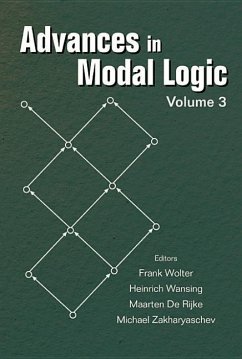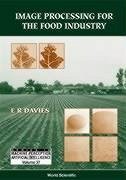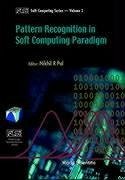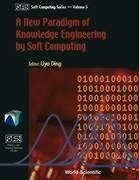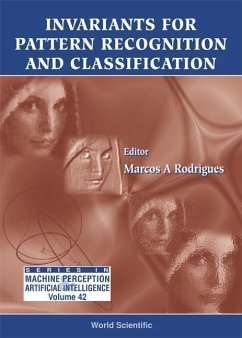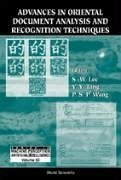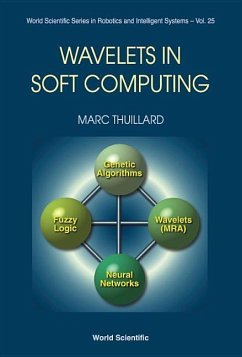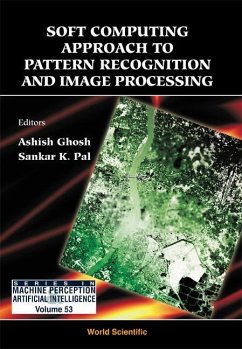
Formal Models of Computation: The Ultimate Limits of Computing
Versandkostenfrei!
Versandfertig in über 4 Wochen
106,99 €
inkl. MwSt.

PAYBACK Punkte
53 °P sammeln!
This book provides new presentations of standard computational models that help avoid pitfalls of the conventional description methods. It also includes novel approaches to some of the topics that students normally find the most challenging. The presentations have evolved in response to student feedback over many years of teaching and have been well received by students.The book covers the topics suggested in the ACM curriculum guidelines for the course on "Theory of Computation", and in the course on "Foundations of Computing" in the model liberal arts curriculum. These are standard courses f...
This book provides new presentations of standard computational models that help avoid pitfalls of the conventional description methods. It also includes novel approaches to some of the topics that students normally find the most challenging. The presentations have evolved in response to student feedback over many years of teaching and have been well received by students.The book covers the topics suggested in the ACM curriculum guidelines for the course on "Theory of Computation", and in the course on "Foundations of Computing" in the model liberal arts curriculum. These are standard courses for upper level computer science majors and beginning graduate students.The material in this area of computing is intellectually deep, and students invariably find it challenging to master. This book blends the three key ingredients for successful mastery. The first is its focus on the mingling of intuition and rigor that is required to fully understand the area. This is accomplished not only in the discussion and in examples, but also especially in the proofs. Second, a number of practical applications are presented to illustrate the capacity of the theoretical techniques to contribute insights in a variety of areas; such presentations greatly increase the reader's motivation to grasp the theoretical material. The student's active participation is the third and final major element in the learning process, and to this end an extensive collection of problems of widely differing difficulty is incorporated.



